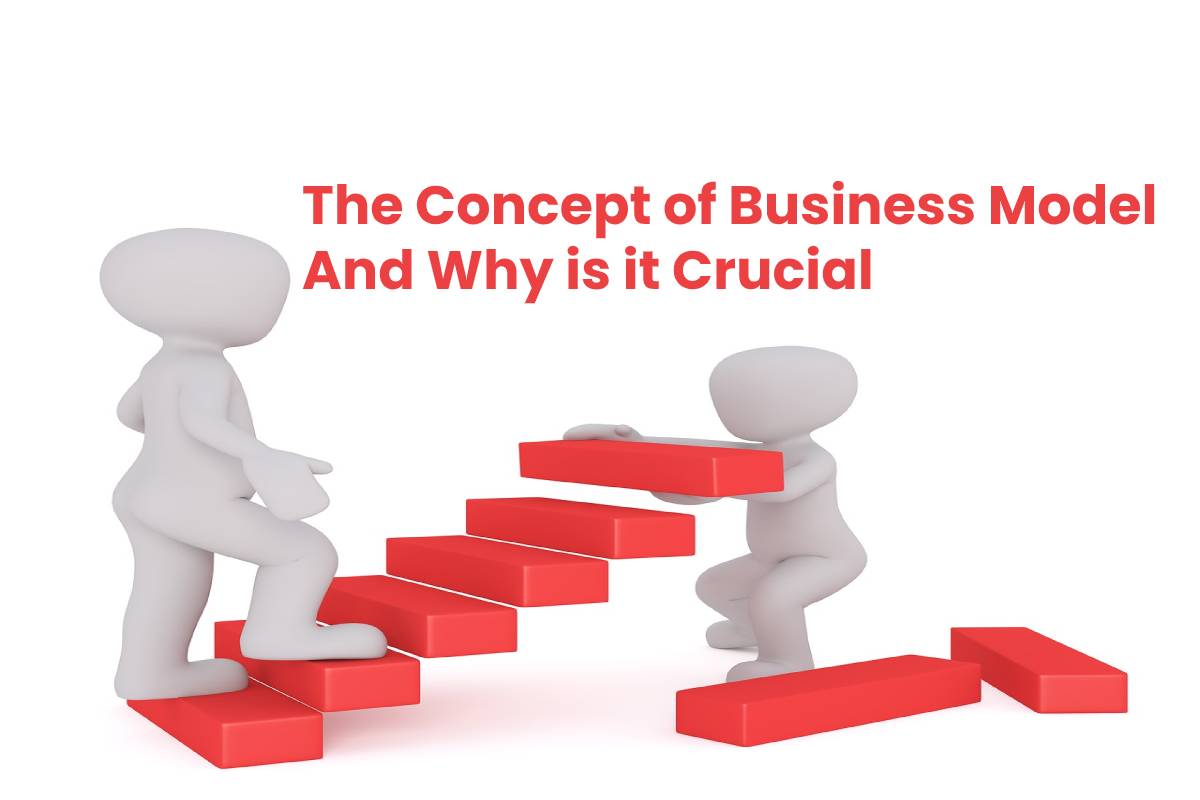Table of Contents
Business Model
It is an analysis tool that will allow you to know who you are, how you do it, what cost, what means, and what sources of income you will have. Defining your business model is knowing what your DNA is, how to make it, how to modify it, how to polish, how to change, how to mold
We could spend days and days rambling on the concept of ‘business model,’ but since we at Emprendedores presume to be very practical, defining your business model is knowing your business’s DNA. It is a tool that will allow you to clearly define what you are going to offer to the market, how you are going to do it, who you are, your customer, how you are going to sell it, and in what way you are going to generate income.
And why is it necessary – even vital – to define your model? It will help you know “what is going to happen and who will pay for what, when, and why. The simpler the business model, the better it works.
“An accepted definition is – says Javier Megías, an expert in strategy and business models – how a company creates, develops, and captures value. But this is very ethereal. In the end, the business model is a vision, a set of everything that is your business”.
For Joan Riera, professor at Esade Business School and CEO of Active Development, the business model is like the pillars of the future business: “They are the foundations. If you are going to build a building, which would be your business, you define where the columns go. That is why the business model is critical to think about before launching an idea on the market. Many entrepreneurs start with the business plan without having thought through their model.
Much more than income
Earning money – generating income – would be the consequence of the process. It is necessary to define and fit a whole series of pieces (which we will see later). “The key questions that any business should know how to answer are: who is my customer? How and what am I offering to the market? And how am I going to make it sustainable over time?” says Joan Riera.
Designing a business model is valid for start-up entrepreneurs and established companies. After drawing and structuring it, you must test it by changing some pieces and seeing how everything behaves,” recommends Riera, who adds.
How many clients pay you?
Thus, to validate all the hypotheses on which you are building your business model, the idea is to go down to the market, that is, talk with clients to find out what they think, with experts in the market in which you are going to operate, etc. “Although the best test to know if it works is to have clients who pay you, because, in the end, an investor is going to ask you how many clients you have who pay you,” says Riera.
For Megías, who defends the idea of executing the business model as soon as possible to see if it works, “the entrepreneur must design his minimum viable product to teach customers and give him feedback. And the keyword is the customer because it is perfect that you think or predict that they will like your product, but the reality is that the one who has to say good or bad is your customer”.
Customer and product – Business Model
One of the critical questions is, do I build products for my clients, or do I seek clients for my product? “When you are a large company, you know who your customer is, you know him, and you design products for him. When you are an entrepreneur, you have no idea who your client is. You imagine it at best. I always recommend entrepreneurs build a product that they think is good for their clients and seek their product. If you have searched and have not found, obviously your solution did not make sense”, says Megías.
This expert believes that any entrepreneur’s mantra should be to bring their product to market soon: “Try it fast and fail fast and cheap. How do you manage to validate your business model? Not because a client tells you that your product is interesting and that it meets their needs. The only way for a customer to validate your business model is by purchasing your product. Many entrepreneurs are wrong to think that because they have created a beta or are offering it at a ridiculous price, and some customers have told them that they liked it, their product is fine. But that is a mistake because it is not a qualified opinion. How could you not like something free; It would have to be very bad for him not to like it!”.



